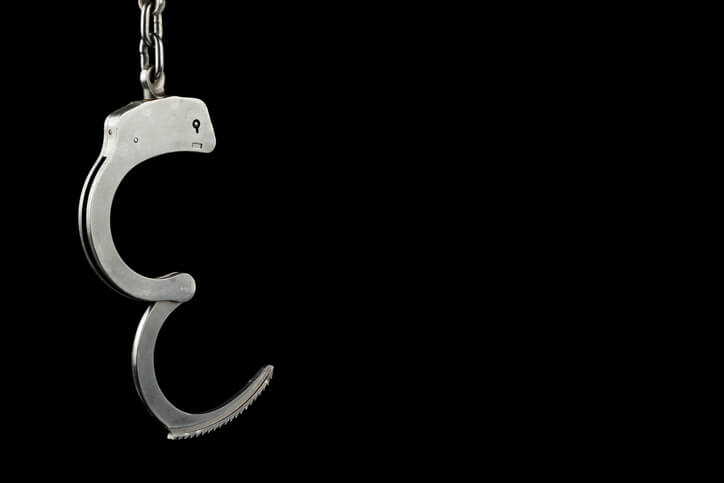Defending Against Parole Violation Charges in Pennsylvania

For individuals released on parole in Pennsylvania, freedom comes with a set of conditions. Violating these conditions can have serious consequences. In the worst case, the individual can be returned to prison to finish serving their original sentence. It’s important to understand what constitutes a parole violation and what are the potential outcomes.
There are two categories of parole violators in Pennsylvania: technical parole violators (TPVs) and convicted parole violators (CPVs).
-
Technical Parole Violators — These individuals violate the terms and conditions of their parole without committing a new crime. Examples include failing to report to a parole officer, violating curfew, failing drug tests or associating with known criminals. The severity of the consequences for a TPV depends on the nature of the violation and whether it’s a repeat offense. Minor infractions may result in stricter parole conditions, increased drug testing, mandatory participation in treatment programs, or even a short period of detention in a community corrections center. However, serious or repeated violations can lead to a more significant consequence: recommitment to prison. Arrest for a new crime almost always results in a parolee being returned to prison, but other violations may not automatically trigger this result. The Pennsylvania Board of Probation and Parole determines the appropriate response based on the specific circumstances.
-
Convicted Parole Violators — These are individuals who commit a new crime while on parole. The consequences for CPVs are typically harsher than for TPVs. Upon arrest, the Parole Board can lodge a detainer, preventing release from custody even if bail is posted. Following a hearing, the Board can revoke parole and recommit the individual to prison to serve the remainder of their original sentence, with no credit for time spent on parole.
Due process applies in parole violation cases. A parolee facing revocation has the right to a hearing and to legal representation. The hearing is civil in nature and governed by Parole Board regulations. Retaining an experienced Pennsylvania parole violation attorney is essential to protecting your rights.
If you have been charged with a Pennsylvania parole violation, the Law Offices of David Jay Glassman can help. Speak with an experienced criminal defense attorney by calling us at 215-563-7100 or contacting us online.
